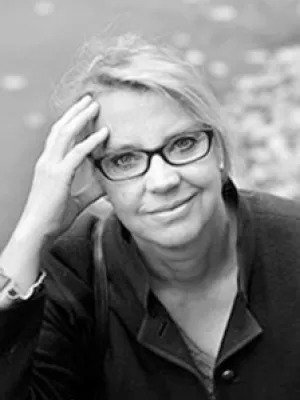
Malin Åkerström
Professor emerita

Project Turnstone: Freedom of Movement and Passenger Experiences with Safety and Border Control in the Baltic Sea Area
Projekt Turnstone: Fri rörlighet och passagerares upplevelser av säkerhet och gränskontroll i Östersjöregionen
Author
Summary, in English
Department/s
- Sociology
Publishing year
2015
Language
English
Publication/Series
Network for Research in Criminology and Deviant Behavior
Full text
Document type
Book
Publisher
Lund University (Media-Tryck)
Topic
- Sociology (excluding Social Work, Social Psychology and Social Anthropology)
Keywords
- freedom of movement
- construction of safety
- field interviews
- fieldwork
- observations
- liikumisvabadus
- turvalisuse loomine
- väliintervjuud
- välitöö
- vaatlused
- vapaa liikkuvuus
- turvallisuuden rakentaminen
- kenttähaastattelut
- kenttätyö
- havainnot
- pārvietošanās brīvība
- drošības izveidošana
- intervijas
- datu apkopošana uz vietas
- novērojumi
- judėjimo laisvė
- saugumo sukūrimas
- interviu ėmimas vietoje
- duomenų rinkimas vietoje
- stebėjimai
- Fria rörligheten
- konstruerad säkerhet
- risk
- fältintervjuer
- fältarbete
- observationer.
Status
Published
Research group
- Kriminal- och socialvetenskapligt nätverk
ISBN/ISSN/Other
- ISSN: 1104-1153

